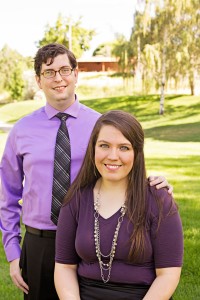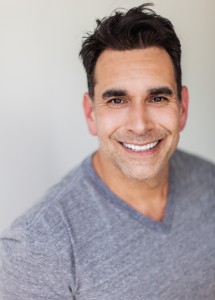Podcast: Download (35.2MB)
Subscribe: RSS
 Jeffrey Thayne grew up in Elk Ridge, Utah, collecting bugs in the woodland hills behind his home. He has wanted to be a physicist, a detective, a entomologist, a cartographer, an explorer, a linguist, an astronaut, an architect, a writer, a teacher, a video-game programmer, and all of the above. He therefore graduated from BYU in April 2009 with a degree in psychology, a master’s degree in psychology at BYU, and is finishing a PhD in Instructional Technology and Learning Sciences at Utah State University. Jeff is the author of the blog article on Millennial Star.org entitled: Some Thoughts on Discipleship and “Staying Mormon”.
Jeffrey Thayne grew up in Elk Ridge, Utah, collecting bugs in the woodland hills behind his home. He has wanted to be a physicist, a detective, a entomologist, a cartographer, an explorer, a linguist, an astronaut, an architect, a writer, a teacher, a video-game programmer, and all of the above. He therefore graduated from BYU in April 2009 with a degree in psychology, a master’s degree in psychology at BYU, and is finishing a PhD in Instructional Technology and Learning Sciences at Utah State University. Jeff is the author of the blog article on Millennial Star.org entitled: Some Thoughts on Discipleship and “Staying Mormon”.
Questions addressed in this episode:
You often write responses to current events, or even criticisms that are leveled against the church. In your recent article on MillennialStar, you respond to an article entitled How to Stay Mormon When You’re Tired of Mormons. What is the article and how would you classify it?
Who, as you see it, is the audience for that original article?
Doubt. So many different ways to look at, and approach doubt when it comes to the LDS Church, its teachings and its culture. How do you address the subject of doubt in this article?
I got the impression that you were hoping to speak to the same audience as the original article but offer a different approach to the issues and challenges this audience may face. You give three suggestions (other than the title) to help people feel more at home in the church, as you put it “not strangers, or foreigners.”
1. Remember that Christ is the cornerstone of our faith.
2. Find opportunities to communicate with God.
3. Remember the covenants we have made with God.
It’s hard to want to be committed to covenants that have been made to a person you don’t like or agree with. It’s hard to want to be someone’s friend when you feel like there are problems with your friendship. It is hard to want to be married when you don’t love or agree with the person. So #3 seems like a really hard thing to wrap your head around when you are going through what many refer to as doubts. How do covenants help someone over come doubt?
In the article you make the assertion that there are two dichotomous paradigms that seem to pervade the LDS experience. Expressive Individualism, and Discipleship. What are these two things and how do they relate?
You also introduce an idea I had not really spent much time considering with respect to the general view of the Church, its role in our spirituality, and our relationship with it, by putting forward that idea of viewing church as a consumer? What do you mean by that and how does it relate?
Jeffrey Thayne is the author of several blog articles at Millennial Star.org.








